All of the physical laws we use to describe the universe, Newtonian mechanics, thermodynamics, quantum theory, general relativity, originated from our interactions with the external world. They weren’t discovered in some metaphysical vacuum.
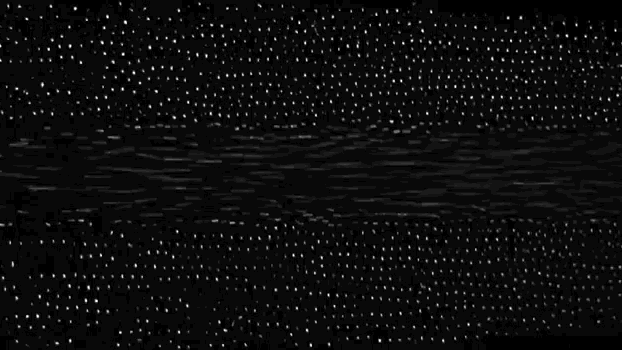
They were inferred through repeated manipulation of inert matter, through observation of how objects behave when acted upon. Newton's laws, for example, came from measuring how objects move when forces are applied. In short: we derived the laws of the universe by pushing it and watching how it pushed back.
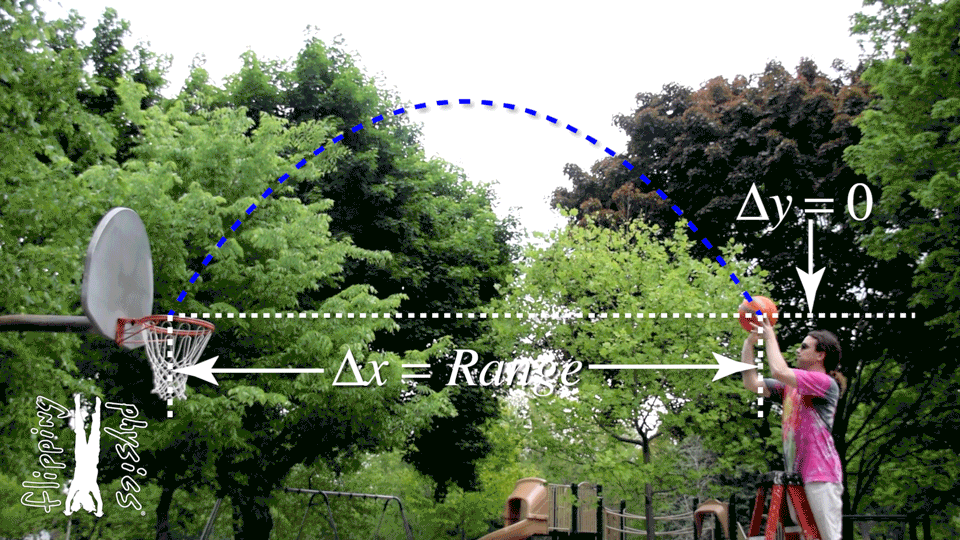
But here's the problem. From the very beginning, we excluded ourselves from the equation. We observed lifeless matter and abstracted from it general principles, and then we made the irrational leap of assuming those principles govern everything, not just rocks and planets, but also organisms, consciousness, and experience itself.
Living organisms move not because they were pushed or pulled externally, but because they choose to act, based on internal states, goals, or stimuli. A cell swims toward a nutrient gradient not just due to motion vectors, it evaluates chemical signals and acts purposefully. You can't model purpose or choice using only the mathematics of trajectories.
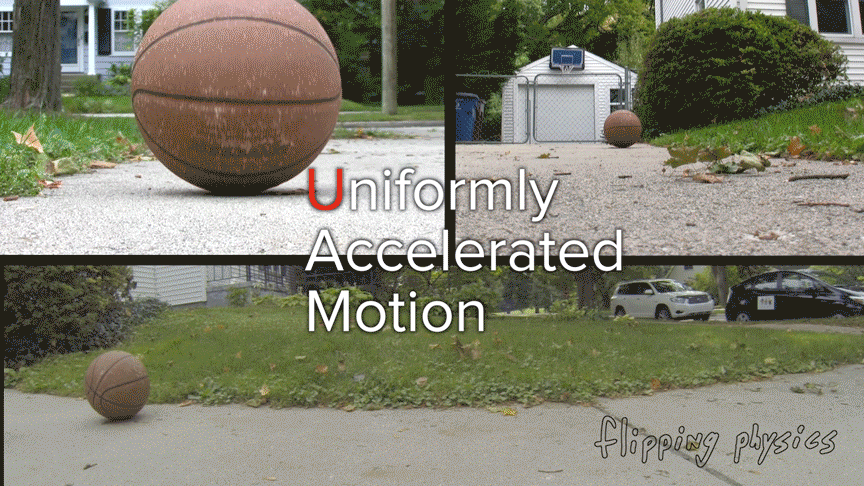
Newton’s laws, for example, describe how an external force causes a change in motion. But life, biological systems, don’t require external forces to initiate action. Organisms self-initiate motion, metabolize, reproduce, regulate, adapt. They aren't passively reacting to their environment; they’re engaging with it internally, using goal-directed processes that are qualitatively different from anything inert matter does.
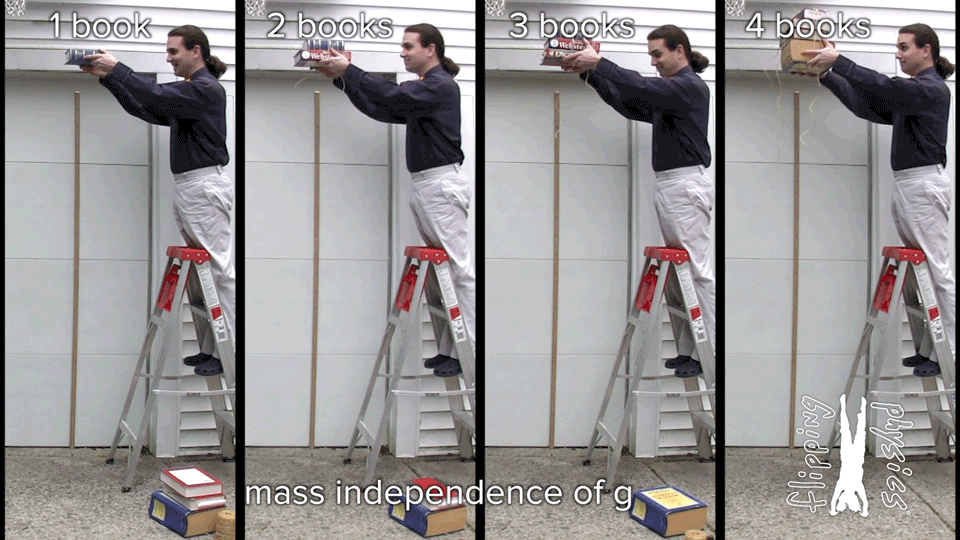
Try applying F=ma to the decision of a cat to jump on a ledge. The physics may describe the trajectory after the jump, but no law of motion accounts for the initiation of the behavior, or why that cat chose that moment. Physical laws explain what happens after choice, not choice itself.
This is why physics cannot explain biology, and certainly not consciousness. Even within biology, reductionist approaches have repeatedly failed to derive living behavior purely from chemistry or mechanics. Schrödinger himself, in What Is Life? (1944), noted that living systems behave in ways that defy classical thermodynamics, maintaining low entropy and order in a way that inanimate systems do not.
Life violates expectations set by the second law, not in a mystical sense, but in a real, measurable sense. Organisms maintain complexity and coherence not because of external conditions but because of internal organization and information-processing that has no counterpart in inert matter.
In quantum physics, things get more complicated, but the core issue remains. Observations in quantum mechanics change the system being observed. This dependence on measurement is treated mathematically, but the nature of the observer remains undefined.
Who or what collapses the wave function? Physics can’t answer that. Why? Because it has no model of awareness. Consciousness isn’t just left out of the theory, it’s incompatible with the framework the theory assumes. That framework is externalist and mechanistic. Consciousness, by contrast, is internal, first-person, and indivisible.
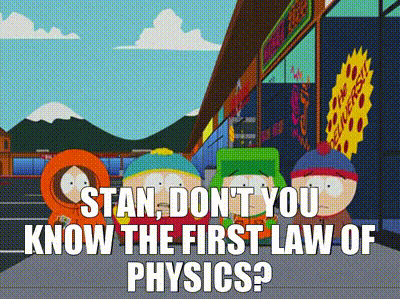
So the assumption that the laws of physics can explain "reality" is an unproven extrapolation. These laws emerged from observing dead things. We built them to describe how inanimate matter reacts when manipulated. But life doesn’t work like that. Consciousness doesn’t work like that. They have no “external” causes in the Newtonian sense. They have intentionality, meaning, subjectivity, none of which have any place in physical law.
In fact, calling them "laws" at all is misleading. These are models, statistical generalizations based on repeated experience. They are tools that reflect the regularities we observe when we engage with the world in specific ways, using specific instruments, under specific conditions. They are not universal truths. They are perspective-bound descriptions that ignore the observer in favor of the observable.
This is the real error: we’ve mistaken the behavior of matter under our scrutiny for the totality of reality. But the very act of scrutiny implies an observer, a mind, which by definition does not behave like matter. You cannot reduce the knower to the known, or the subjective to the objective, without contradiction.
To assume that physical law governs reality is to confuse a map with the territory. Physics gives us a partial map of how matter appears to behave under manipulation. It says nothing about why there is manipulation, who is doing the observing, or how it is that awareness exists in the first place.
The laws of physics are about the seen, but reality includes the seer. Until the observer is accounted for, until consciousness is brought into the model not as an afterthought but as a foundational element, no physical theory will ever explain reality. It can’t. Because it was never designed to.

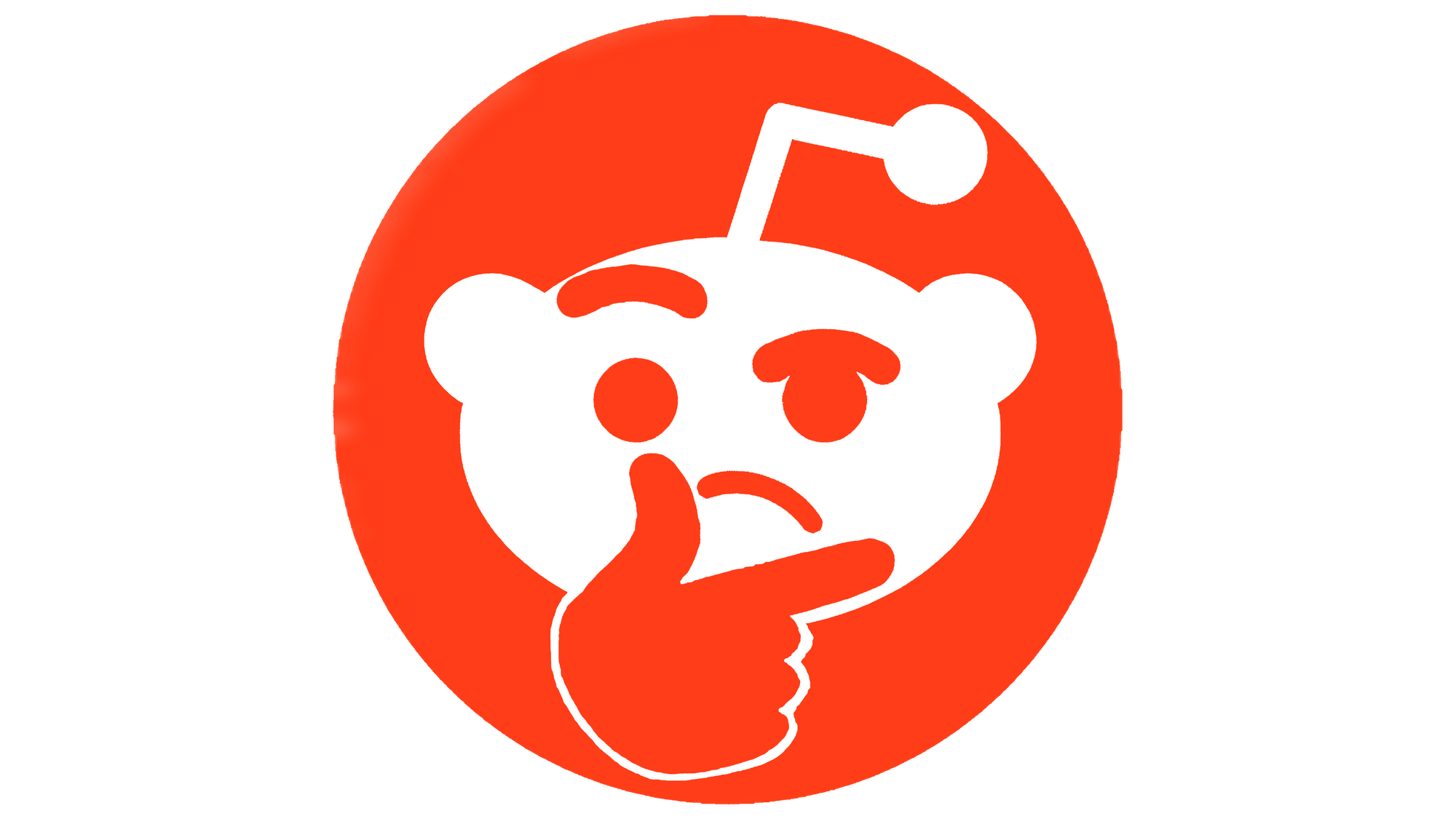
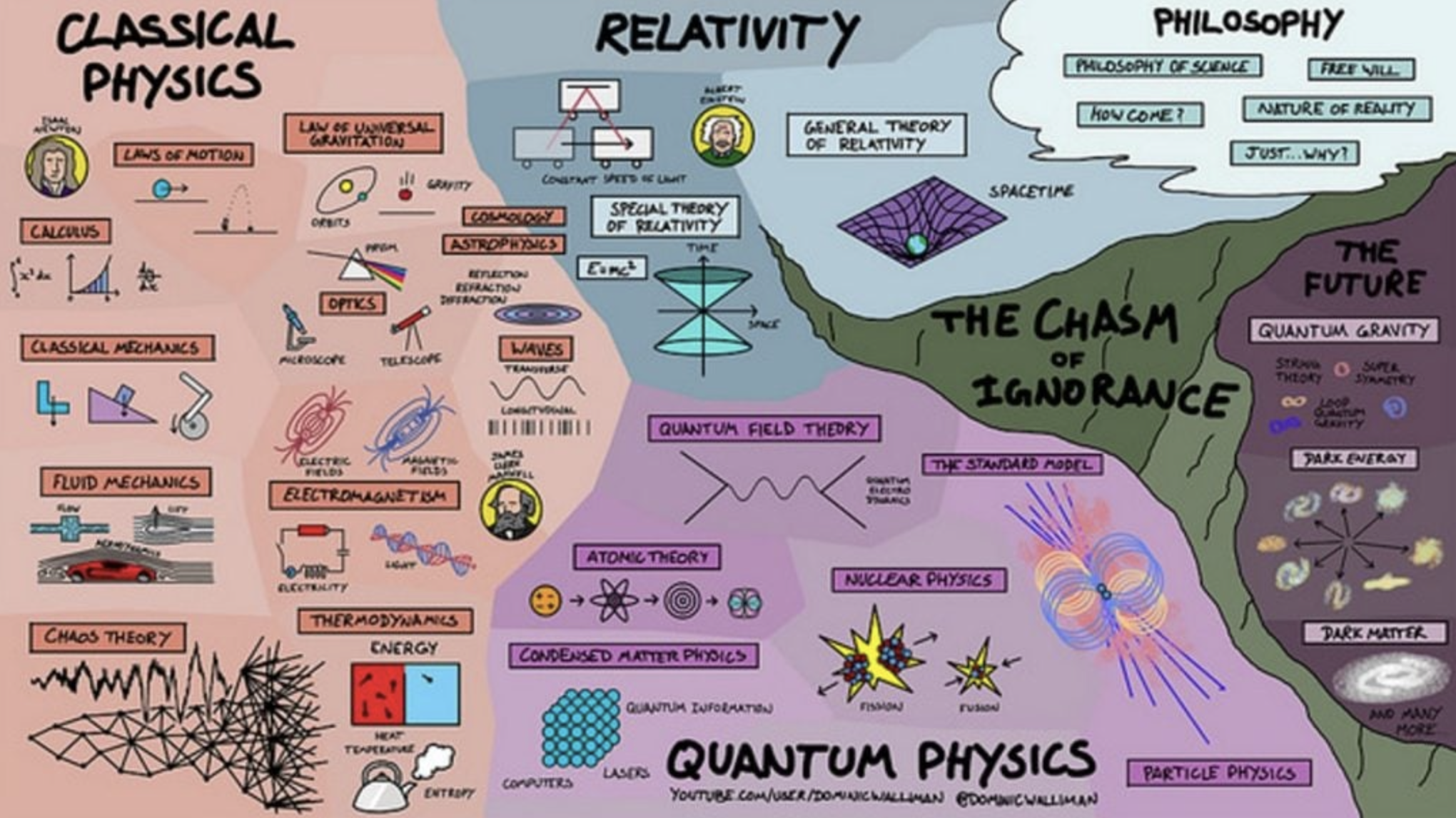
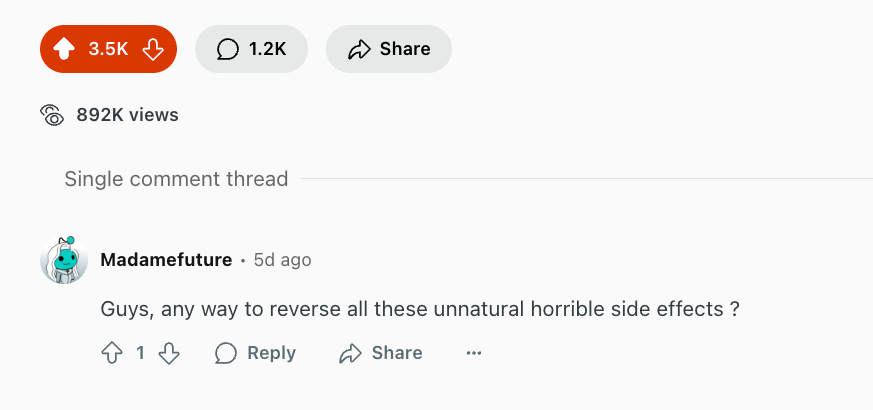


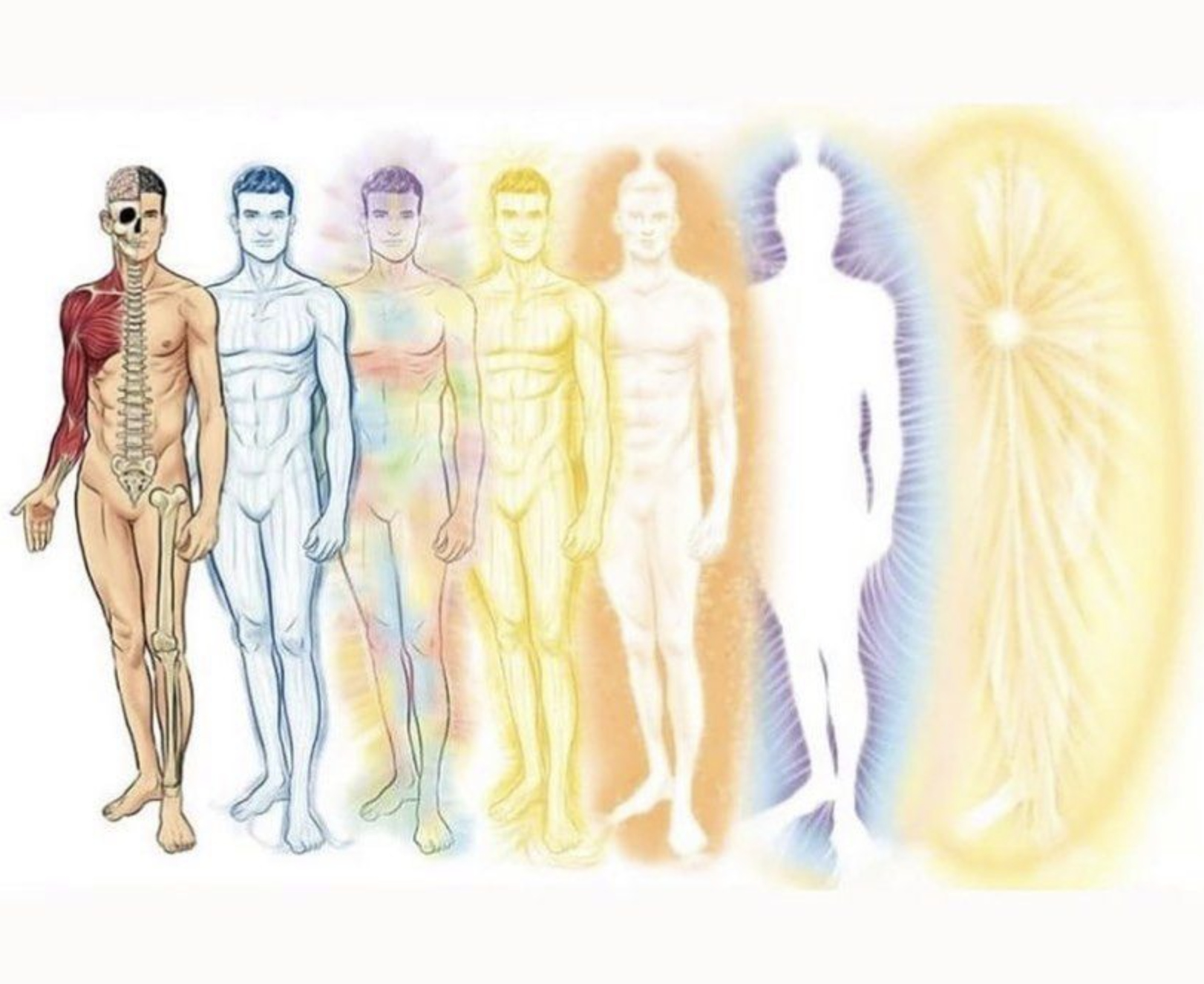
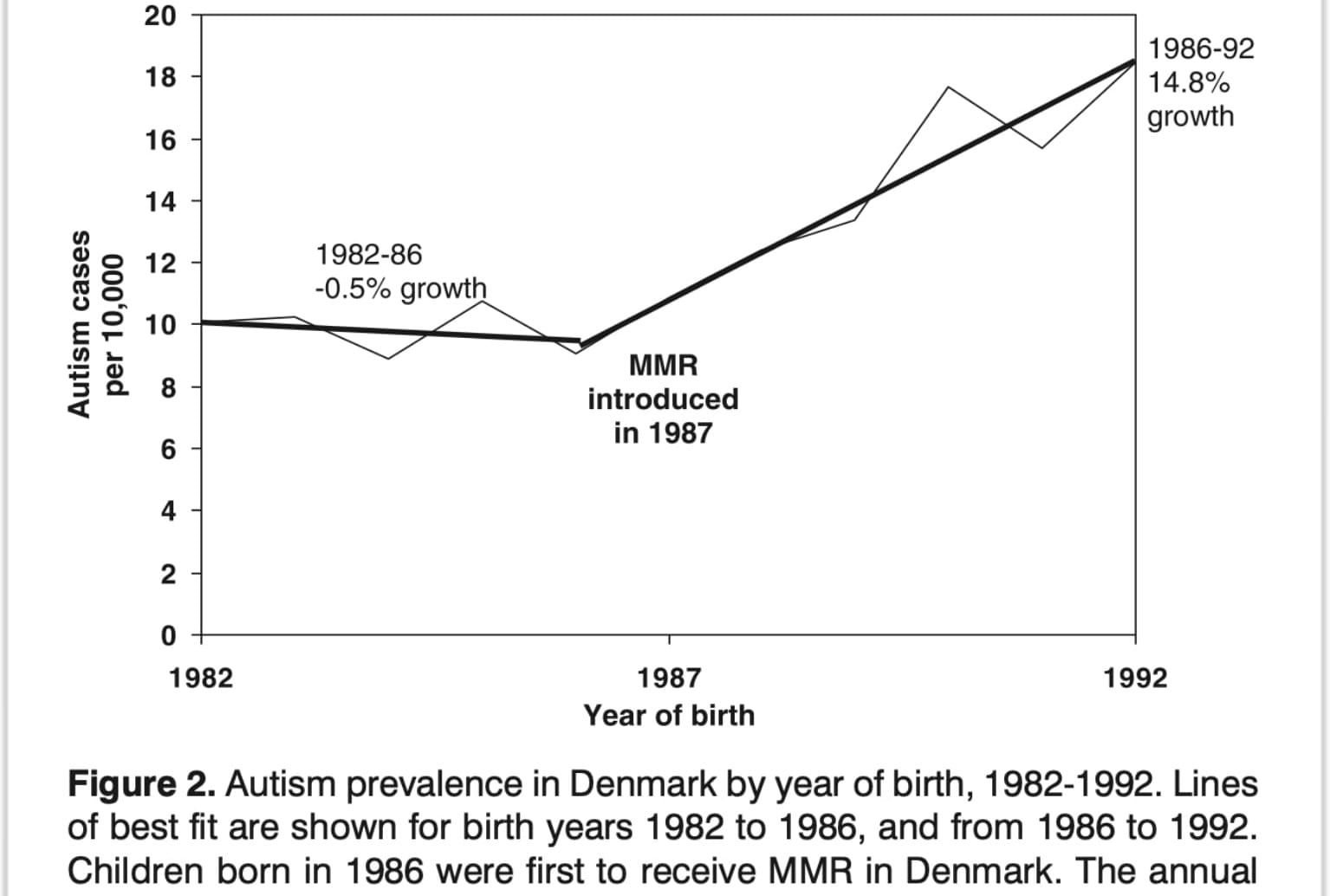


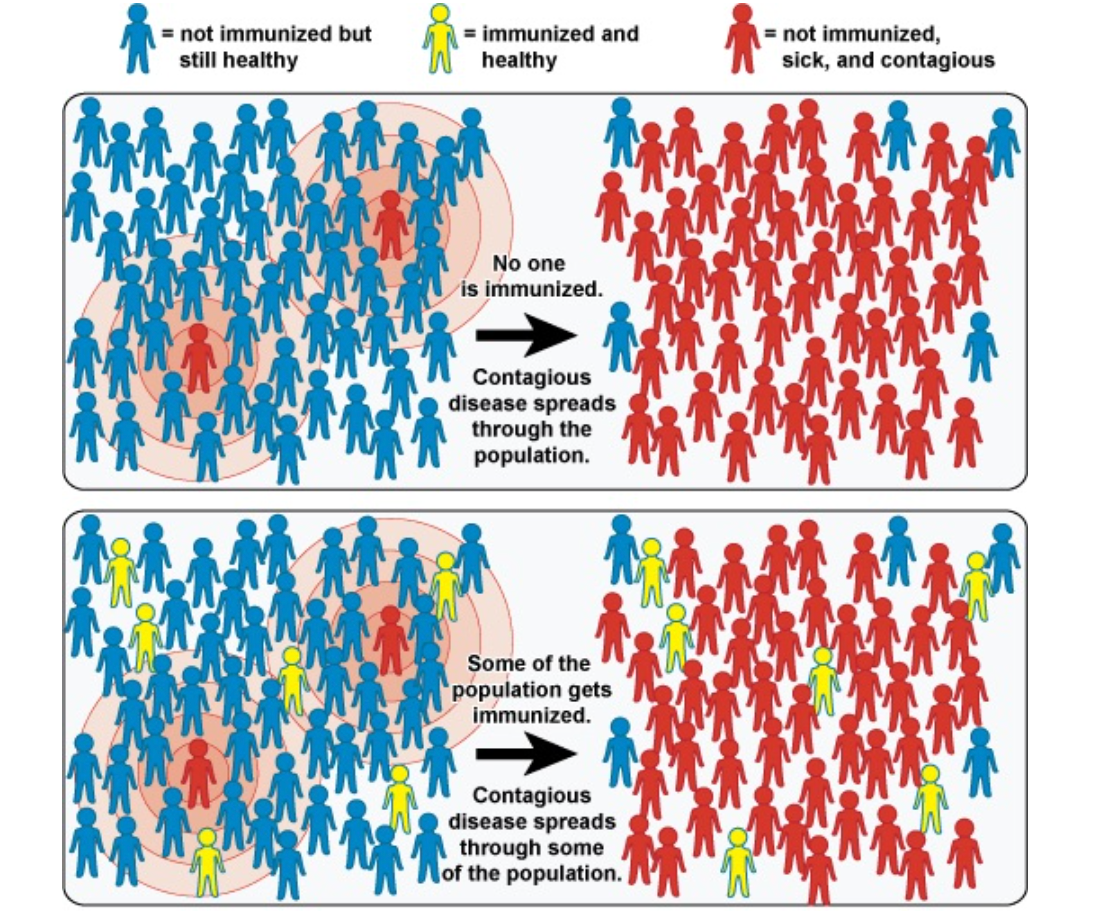
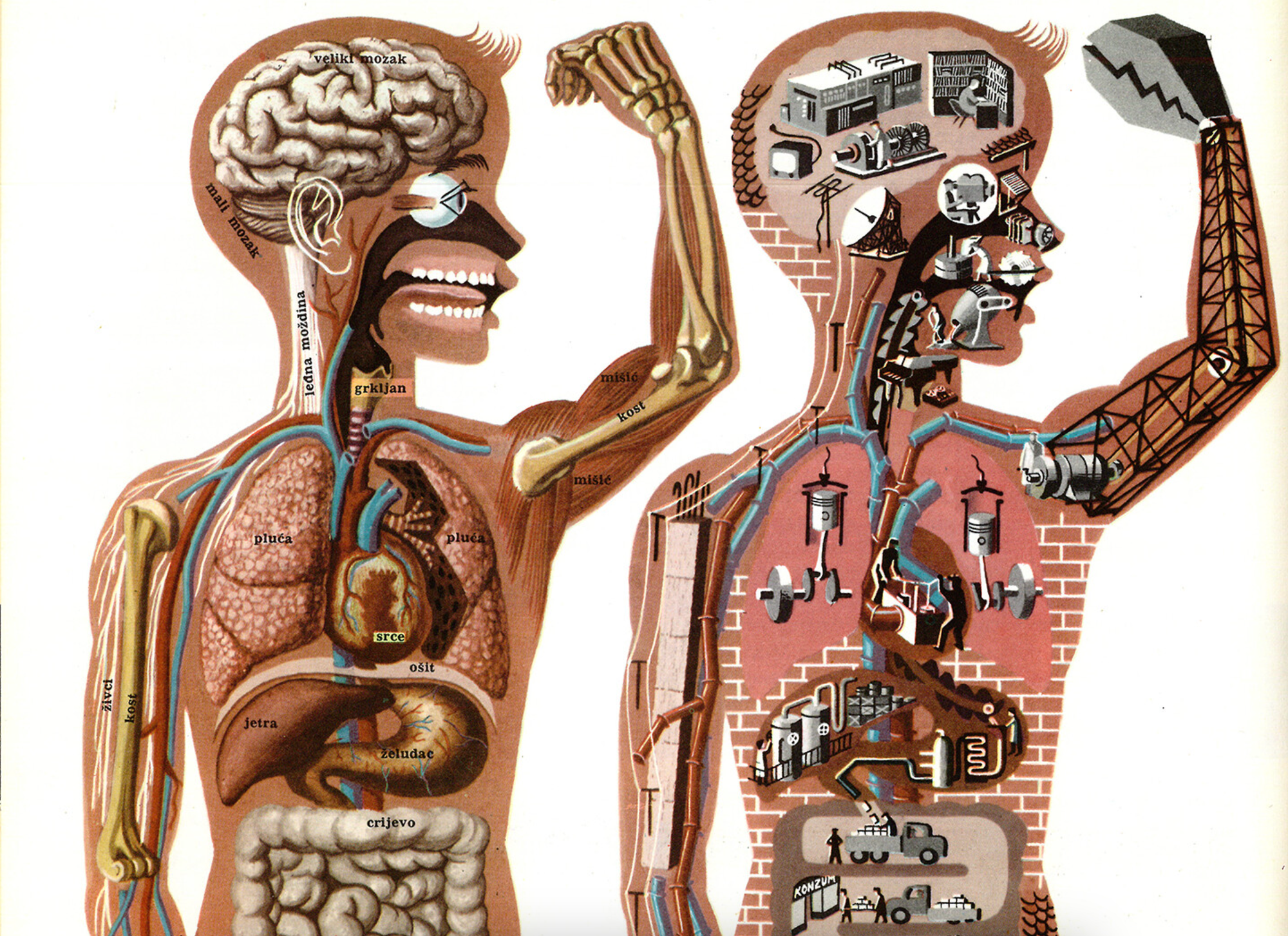

Discussion